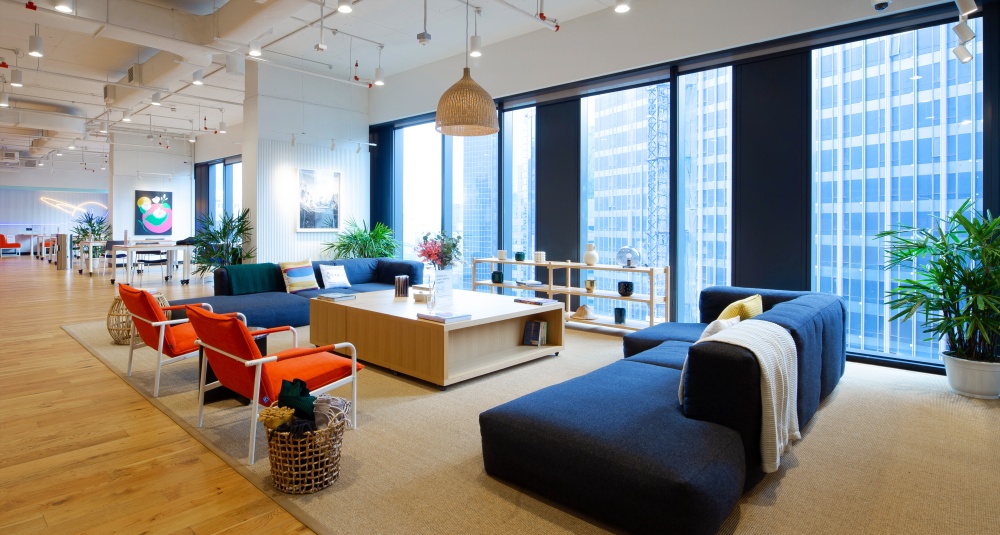
While COVID-19 may still be among us, the world is settling in to be a new place. Congratulations: we’ve begun the “post-COVID” era. It may mean masks in some places for the foreseeable future. It may mean regular vaccine boosters. It might involve new anti-infection protocols. It will certainly involve hybrid workforces – virus or no virus, that is not likely to change.
In the past year or so, some experts have predicted the death – or at least major scaling back – of office space. After all, with many employees working from home, either full-time or in the hybrid model (some days in the office, some days at home), companies have an opportunity to save money on real estate by downsizing their physical work premises. While some companies are certainly doing this, others are taking the opportunity to reimagine the workplace.
The recently released Capterra Office Trends Survey found that most organizations – at least ones engaged in hybrid work instead of fully remote work – are moving to larger office spaces and reimagining functional design by integrating tech and green spaces. Even though employees won't be there the entire work week, 76 percent of companies — a majority of which will be hybrid long-term—reported they have moved or plan to move to larger offices. Of the four percent of businesses that will be totally remote, however, 69 percent are eliminating their offices entirely.
“Any notions that the office is dead should be put to rest,” said Brian Westfall, principal HR analyst at Capterra, in a statement. "Our data shows that offices will be critical to the future of hybrid work for most organizations, and employers are eager to update offices to make them bigger, smarter, and greener.”
The study found that more organizations are leaving behind the “cube farm” idea and instead moving to activity-based-working (ABW). ABW is a design concept that values a variety of workspaces catered to specific tasks over isolated cubicle work.
Less than a third of companies (31 percent) used ABW concepts in their office before the pandemic; however, a majority (55 percent) have either implemented ABW during the pandemic or plan to implement ABW in the future.
The idea is that by providing a variety of settings with different types of work spaces, workers will enjoy their office experience more and will be more productive. In a sense, it’s bringing the at-home experience to the physical office, creating more of a balance for hybrid workers.
Edited by
Erik Linask